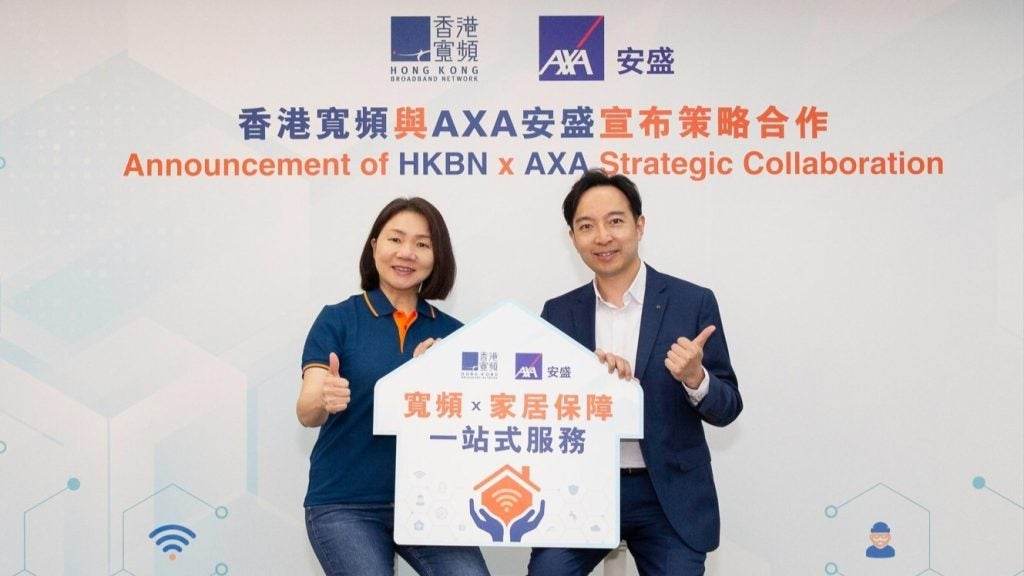
Robo-Advice: Transforming the Insurance Sector
Robo-advice has become popular in recent years as investors seek strong returns at low costs. While current robo-advisors mainly focus on investments, a handful of them are broadening their service propositions to include other financial services and products, including insurance.
Technology Trends
Listed below are the key technology trends impacting the robo-advice industry, as identified by GlobalData.
Artificial Intelligence (AI)
AI enables robo-advisors to utilise increasingly sophisticated algorithms to automate the advice process. Providers will continue to develop these algorithms in order to provide their clients with the best possible outcome. While traditional algorithms will be used to allocate a client’s portfolio across a range of investments, the range for useful algorithms is broader.
For example, an algorithm that can analyse monthly spending behaviour will be useful in identifying retirement gaps or suggesting a suitable level of cover when purchasing protection products.
Big data and analytics
Big data is essential to robo-advisors, as it enables providers to offer more personalised advice at scale. At the lower end of the wealth management market, some advisors can manage between 300 and 500 different portfolios.
Analytics can also segment the customer base, highlighting individuals that will benefit from the precise information and insights needed to service them effectively. For example, robo-advisors can suggest protection insurance products to customers that are more likely to buy a house or start a family in the near future.
How well do you really know your competitors?
Access the most comprehensive Company Profiles on the market, powered by GlobalData. Save hours of research. Gain competitive edge.

Thank you!
Your download email will arrive shortly
Not ready to buy yet? Download a free sample
We are confident about the unique quality of our Company Profiles. However, we want you to make the most beneficial decision for your business, so we offer a free sample that you can download by submitting the below form
By GlobalDataInternet of Things (IoT)
Through the IoT, robo-advisors can get a more holistic view of their clients, leading to greater levels of personalisation and eventually automating the process even further.
Robo-advisors will have access to a customer’s health and spending data, among others. This can help inform decisions about the type of insurance products most pertinent to a customer without the need for them to manually input any data themselves, improving user experience and outcomes.
Aggregation will provide better advice
Until recently, achieving a full view of net wealth across banking, investments, debts, and pensions was obviated by a lack of agreed standards. Open banking puts aggregation on more secure technological and legal footing, even opening the door to a payment initiation equivalent for wealth. Fincite, which worked on ABN AMRO’s now-discontinued robo-advisor, Prospery, can personalise portfolio allocation based on traditional financial data but can also populate behavioural data, spending data, and credit information through aggregation.
Financial aggregation can also help identify opportunities in the insurance industry. By identifying spending on insurance policies, platforms can compare an individual’s spending against similar demographics and suggest cheaper policies if they are paying more than average.
This is an edited extract from the Robo-Advice in Insurance – Thematic Research report produced by GlobalData Thematic Research.







